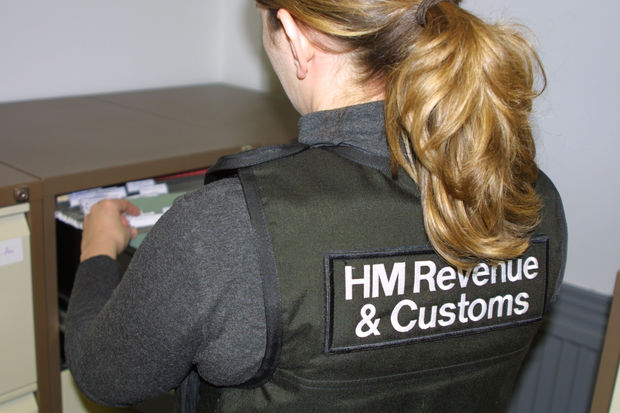
LWF: Heavy penalties at stake with AWRS
Concerned wholesalers got a glimpse of things to come this morning now that the Alcohol Wholesaler Registration Scheme (AWRS) has come into force.
Concerned wholesalers got a glimpse of things to come this morning now that the Alcohol Wholesaler Registration Scheme (AWRS) has come into force.
With the application deadline having passed on March 31, UK wholesalers will now be aware of the scheme.
But what emerged from the AWRS briefing at the LWF this morning (May 4) is that wholesalers need to arm themselves with knowledge in order avoid falling foul of it strict regulations.
Anthony Galvin, director and owner of Altion Law Limited, warned that the government means business.
Galvin, a barrister, said: "If you're refused from the scheme, you have to stop trading in duty paid immediately. We know that this has happened already. The penalties for failing to do this seem heavy handed but unfortunately it's now the law."
Penalties include up to £10,000 fines, loss of licences, all stock seized and ten years in prison if the offence is criminal.
If refused, a review could take up to ten days, and a tribunal up to ten months after that.
Further judicial reviews are long and costly, Galvin warned.
HMRC will send applicants a letter requesting a face-to-face visit.
Galvin's advice is to be prepared.
"The reports from these visits is that this is a detailed meeting," he said. "Make sure your procedures and policies are in place. Also risk assessments and due diligence must be on point. Wholesalers really need to look at whether their business is fit and proper."
The AWRS was introduced by the government on January 1 to tackle alcohol fraud. The scheme applies to anyone who is selling duty paid alcohol to another business to sell on.
Galvin also touched briefly on the new regulations for money laundering.
He recommended keeping all records for five years and to keep limit cash tranactions over a certain amount.
He added: "The new Money Laundering Directive means that wholesalers have to take care when dealing with cash transactions. Really anything over €10,000 (£7747.95) needs to be limited. The threshold isn't high at all."






